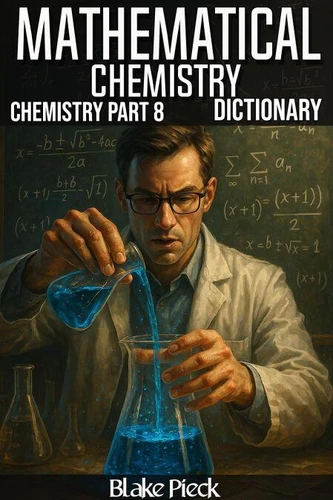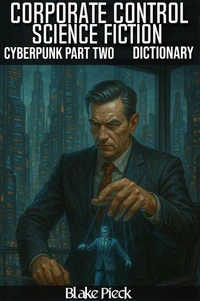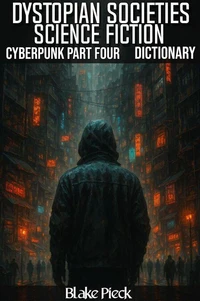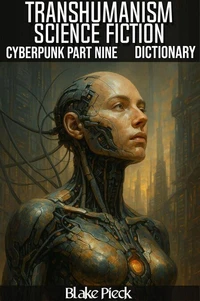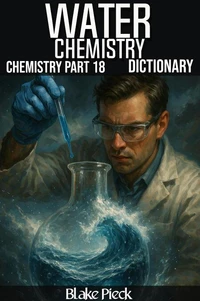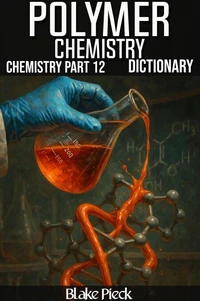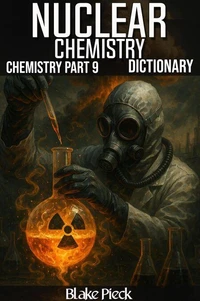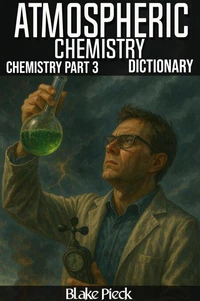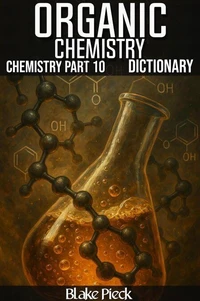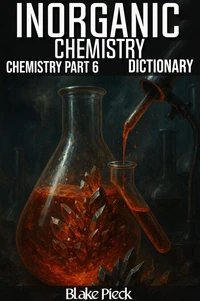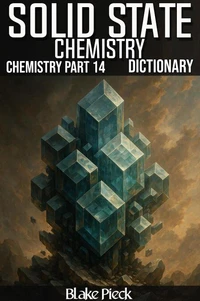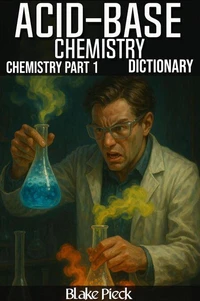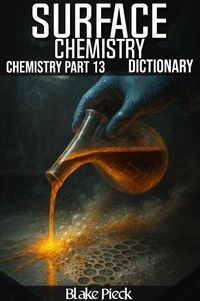Mathematical Chemistry - Chemistry Part 8 Dictionary. Grow Your Vocabulary
Par :Formats :
Disponible dans votre compte client Decitre ou Furet du Nord dès validation de votre commande. Le format ePub est :
- Compatible avec une lecture sur My Vivlio (smartphone, tablette, ordinateur)
- Compatible avec une lecture sur liseuses Vivlio
- Pour les liseuses autres que Vivlio, vous devez utiliser le logiciel Adobe Digital Edition. Non compatible avec la lecture sur les liseuses Kindle, Remarkable et Sony
 , qui est-ce ?
, qui est-ce ?Notre partenaire de plateforme de lecture numérique où vous retrouverez l'ensemble de vos ebooks gratuitement
Pour en savoir plus sur nos ebooks, consultez notre aide en ligne ici
- FormatePub
- ISBN8230375685
- EAN9798230375685
- Date de parution01/09/2025
- Protection num.pas de protection
- Infos supplémentairesepub
- ÉditeurIndependently Published
Résumé
Mathematical chemistry focuses on the use of mathematical tools to describe, predict, and analyze chemical systems. It applies algebra, calculus, graph theory, and computational methods to explore structures, reactions, and molecular behavior. By translating chemistry into numbers and models, this field reveals patterns that are not always visible through experimentation alone. In the broader framework of chemistry, mathematics provides a language of precision and abstraction.
It connects theoretical concepts with measurable outcomes, whether in quantum chemistry, reaction kinetics, or structural analysis. This union of disciplines supports both problem solving and discovery, bridging chemical intuition with rigorous calculation. This dictionary arranges the specialized terminology of mathematical chemistry into clear and detailed entries. It includes concepts from chemical graph theory, molecular topology, computational algorithms, and quantitative modeling.
Each entry offers context and explanation, designed to help students build confidence, assist teachers in guiding learners, and support researchers working at the intersection of mathematics and chemistry. Engaging with a dictionary strengthens familiarity with complex terms while reinforcing the connections between definitions. This structure not only aids study but also encourages readers to see how mathematical ideas expand the reach of chemical science.
With mathematical chemistry offering insight into some of the most advanced areas of research, mastery of its vocabulary equips learners for both academic and professional growth.
It connects theoretical concepts with measurable outcomes, whether in quantum chemistry, reaction kinetics, or structural analysis. This union of disciplines supports both problem solving and discovery, bridging chemical intuition with rigorous calculation. This dictionary arranges the specialized terminology of mathematical chemistry into clear and detailed entries. It includes concepts from chemical graph theory, molecular topology, computational algorithms, and quantitative modeling.
Each entry offers context and explanation, designed to help students build confidence, assist teachers in guiding learners, and support researchers working at the intersection of mathematics and chemistry. Engaging with a dictionary strengthens familiarity with complex terms while reinforcing the connections between definitions. This structure not only aids study but also encourages readers to see how mathematical ideas expand the reach of chemical science.
With mathematical chemistry offering insight into some of the most advanced areas of research, mastery of its vocabulary equips learners for both academic and professional growth.
Mathematical chemistry focuses on the use of mathematical tools to describe, predict, and analyze chemical systems. It applies algebra, calculus, graph theory, and computational methods to explore structures, reactions, and molecular behavior. By translating chemistry into numbers and models, this field reveals patterns that are not always visible through experimentation alone. In the broader framework of chemistry, mathematics provides a language of precision and abstraction.
It connects theoretical concepts with measurable outcomes, whether in quantum chemistry, reaction kinetics, or structural analysis. This union of disciplines supports both problem solving and discovery, bridging chemical intuition with rigorous calculation. This dictionary arranges the specialized terminology of mathematical chemistry into clear and detailed entries. It includes concepts from chemical graph theory, molecular topology, computational algorithms, and quantitative modeling.
Each entry offers context and explanation, designed to help students build confidence, assist teachers in guiding learners, and support researchers working at the intersection of mathematics and chemistry. Engaging with a dictionary strengthens familiarity with complex terms while reinforcing the connections between definitions. This structure not only aids study but also encourages readers to see how mathematical ideas expand the reach of chemical science.
With mathematical chemistry offering insight into some of the most advanced areas of research, mastery of its vocabulary equips learners for both academic and professional growth.
It connects theoretical concepts with measurable outcomes, whether in quantum chemistry, reaction kinetics, or structural analysis. This union of disciplines supports both problem solving and discovery, bridging chemical intuition with rigorous calculation. This dictionary arranges the specialized terminology of mathematical chemistry into clear and detailed entries. It includes concepts from chemical graph theory, molecular topology, computational algorithms, and quantitative modeling.
Each entry offers context and explanation, designed to help students build confidence, assist teachers in guiding learners, and support researchers working at the intersection of mathematics and chemistry. Engaging with a dictionary strengthens familiarity with complex terms while reinforcing the connections between definitions. This structure not only aids study but also encourages readers to see how mathematical ideas expand the reach of chemical science.
With mathematical chemistry offering insight into some of the most advanced areas of research, mastery of its vocabulary equips learners for both academic and professional growth.

